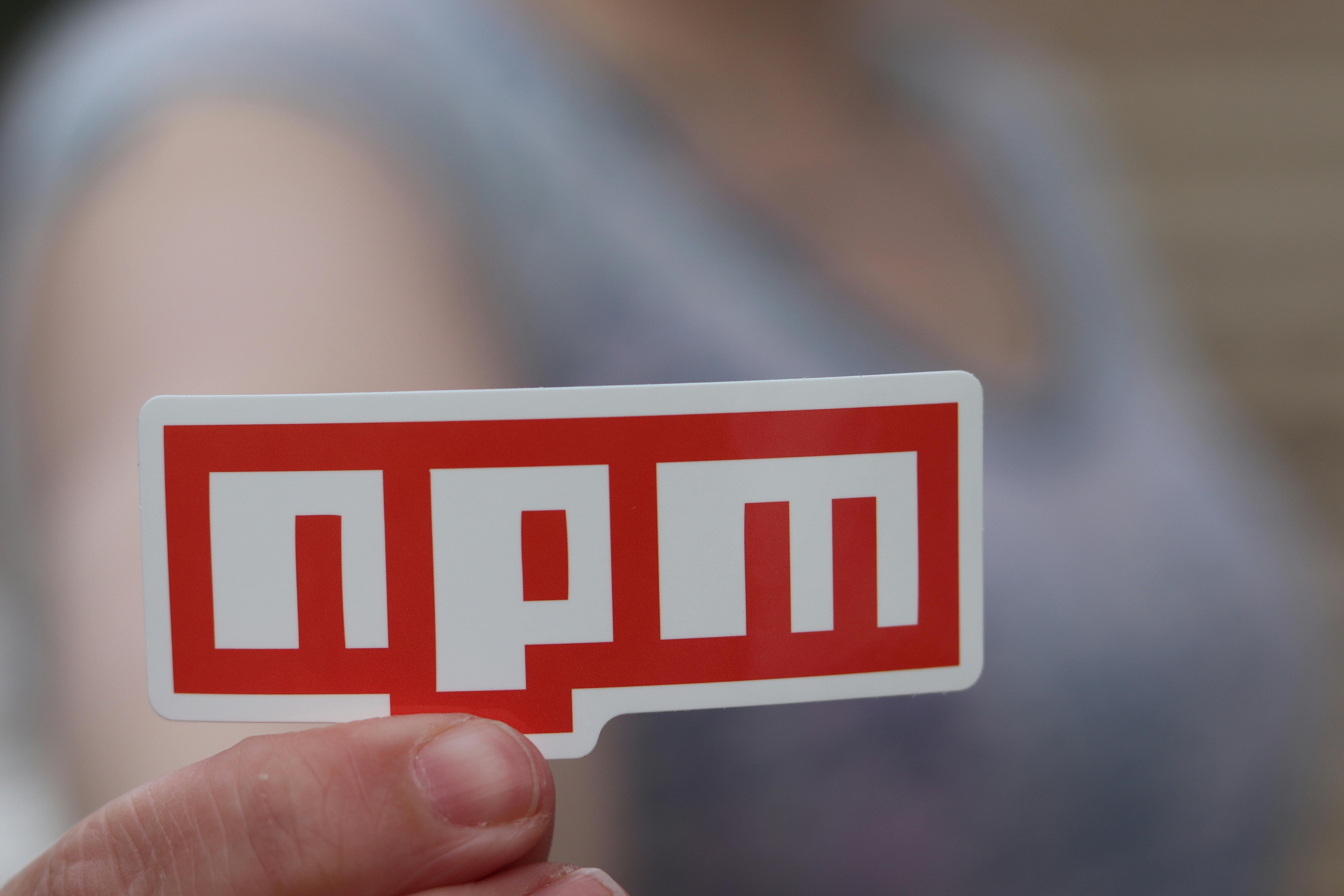What Is Corepack?

Corepack is a tool introduced in Node.js 16.9.0 that allows developers to manage multiple package managers like npm, Yarn, and pnpm through a unified interface. It is essentially a package manager manager, enabling seamless version control and usage of different package managers for projects without needing to globally install them.
Corepack simplifies package manager handling by ensuring that the right version of a package manager is used for a project, making it easier for development teams to stay consistent across environments.
What Is Corepack?
Corepack is a tool integrated with Node.js that enables projects to use specific versions of package managers without requiring global installations. It acts as a proxy between your project and the package managers like npm, Yarn, and pnpm. This helps maintain consistency in projects, ensuring all team members use the same package manager version regardless of their local setup.
By locking package manager versions in project files, Corepack prevents issues caused by version mismatches, which can often lead to dependency conflicts or build errors.
Why Use Corepack?
Before Corepack, developers needed to manage package managers manually, often installing different versions globally and facing compatibility issues. Corepack addresses this by allowing projects to specify the exact version of the package manager to use.
This simplifies workflows, as Corepack will automatically fetch and run the correct version of a package manager (npm, Yarn, or pnpm) whenever necessary, ensuring that the project behaves consistently across environments.
Key Features of Corepack
- Package Manager Management: It provides a unified interface for managing multiple package managers like npm, Yarn, and pnpm.
- Version Locking: Developers can lock specific versions of package managers within projects, ensuring consistency across different machines.
- No Global Installations: There's no need to install package managers globally, as Corepack fetches the required version automatically.
- Integrated with Node.js: Corepack is built into Node.js starting from version 16.9.0, making it easy to enable and use without additional installations.
How Does Corepack Work?
Corepack is included in Node.js but is disabled by default. Once enabled, it works as a proxy that manages package managers and ensures that the correct version is used based on the project’s configuration.
Here’s how you can enable and use Corepack in your project:
- Enable Corepack: Corepack needs to be manually enabled, as it’s disabled by default in Node.js.
- Specify the Package Manager Version: In your project, you can define the specific package manager and its version in the package.json file. For instance, to use Yarn version 3.2.1:
Once specified, Corepack will automatically fetch and use this version when you run package manager commands like yarn install.
- Run Package Manager Commands: With Corepack enabled, you can run commands like npm install , yarn install or pnpm install and Corepack will ensure that the correct version of the package manager is used, even if a different version is installed globally.
Supported Package Managers
Corepack currently supports the following package managers:
- npm: The default package manager for Node.js.
- Yarn: A faster, more deterministic alternative to npm.
- pnpm: A space-efficient package manager that installs dependencies using hard links.
Version Locking with Corepack
One of the core features of Corepack is version locking, which ensures that all developers working on a project use the same version of the package manager. By defining the package manager version in the package.json file, Corepack automatically fetches and runs the specified version whenever package manager commands are executed.
Here’s an example of locking a specific version of Yarn in package.json:
<CodeBlock text="{
"packageManager": "yarn@1.22.10"
}" language="json"/>
When a developer runs yarn install, Corepack ensures that version 1.22.10 of Yarn is used, regardless of the version installed globally on the machine.
Benefits of Using Corepack
1. Consistency Across Development Environments
Corepack ensures that all team members are using the exact same package manager version, which reduces discrepancies and prevents version-related build errors.
2. No More Global Installations
Corepack eliminates the need for global installations of package managers, reducing potential conflicts and simplifying version management.
3. Streamlined Workflow
By automating the fetching and usage of package managers, Corepack saves time and effort, allowing developers to focus on building their applications instead of managing dependencies.
4. Built-in Integration with Node.js
Because Corepack is built into Node.js 16.9.0 and later versions, it is easy to enable and use without additional setup, making it a seamless part of modern Node.js workflows.
Corepack vs. npx
Although npx is another tool for running binaries from npm packages, Corepack has a different role. While npx is used for executing binaries directly from node modules, Corepack is focused on managing package manager versions. Corepack ensures that the correct version of a package manager is used across different environments, whereas npx deals with running package binaries.